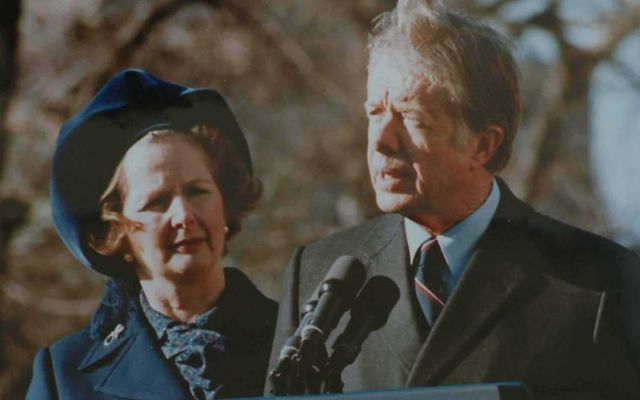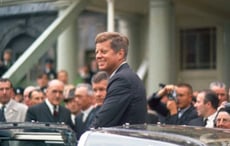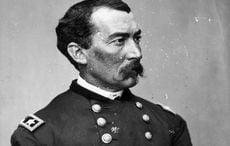Editor's Note: As former US President Jimmy Carter is laid to rest on January 9, we revisit this story, originally published in 2023, about his involvement in Northern Ireland.
Back in 1979, Carter was at the heart of a decision to ban US arms shipments to the hated Royal Ulster Constabulary (RUC) police force, an attitude that infuriated Margaret Thatcher who had just come into power. Strong Irish American lobbying led by the Irish National Caucus leader Father Sean McManus originally secured the ban.
According to Irish and British diplomatic papers, Thatcher insisted that London should “no longer turn the other cheek” when faced with US criticism of Britain’s role in Northern Ireland, as the issue strained the allies’ “special relationship."
The 1979 papers show that “Anglo-American relations came under pressure after the US government decided in July that year to withhold export licenses for the supply of arms to the Royal Ulster Constabulary."
The British government had ordered 3,000 .375 Magnum handguns and 500 .223 semi-automatic rifles from the Sturm Ruger Corporation of Connecticut.
Thatcher went to Washington on December 17, 1979, to push for the ban to be lifted.
According to the Financial Times, Thatcher, the newly elected prime minister, remarked in a private meeting that it should be “brought home to the Americans that for so long as they continued to finance terrorism, American lives as well as those of others would be lost."
The Times continues: “The relationship between Mr. Carter and Mrs. Thatcher became frayed over the issue, with the British leader schooling the US president on the conflict after he admitted not knowing much about the situation in Northern Ireland."
Ms. Thatcher sent four papers detailing UK policy. In a letter, she told Carter: “It is an unhappy fact that perspectives on Ireland – and not only in the United States – are still apt to owe more to the 19th century than to the facts of the present-day world."
The minutes of her initial meeting with the president revealed that she “handled both the gun which the RUC at present used and that US model which was on order. There was no doubt that the American Ruger was much better.”
President Carter said during the same meeting that he “would like to approve the sale but did not wish to be defeated in Congress or to have a major altercation with them."
Irish state documents, released under the 30-year rule, revealed that subsequently, Carter urged US speaker Tip O’Neill to lift the ban on arms sales to the RUC at the request of Thatcher.
According to Irish government papers, the exchange was the first substantive one ever between a US president and a British leader.
Speaker O'Neill refused and said any arms deals from the US to the RUC would benefit the IRA whose supporters would be outraged by the American move.
*Originally published February 2023. Updated January 2025.




Comments